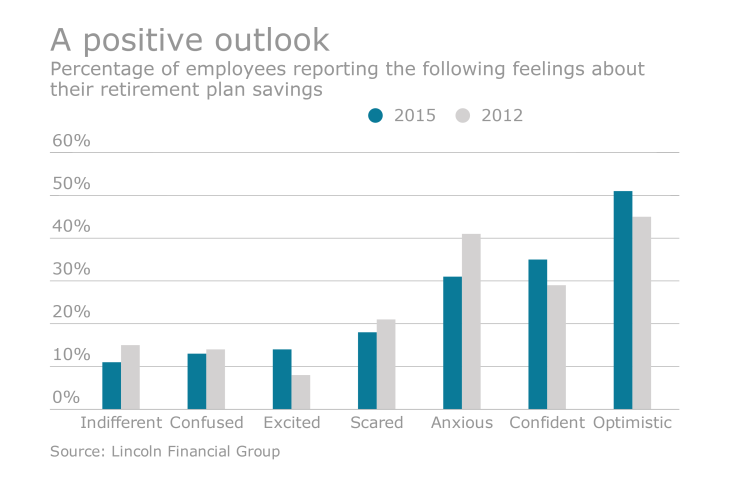The U.S. labor market is tight, and employers are finding it difficult to recruit the talent they need. What does that mean for retirement plan consultants?
Advisers need to view themselves as more than just the overseers of plan compliance and administration and step up as the champions of a competitive organization. This means that their recommendations, even if limited to the retirement plan, should aim to maximize return on investment, make effective use of the budget and push clients ahead of their peer curve to attract the best talent.

Here are five best practices to follow:
1) Know your client: Why does an employer even offer a retirement plan? To determine if it’s the right plan, consider what it’s hoping to accomplish. That is, what are its business objectives, its plans for growth, its current situation and so on? Advisers can’t provide the client with direction without these insights.
2) Scout the competition: A client in the technology industry will have different needs compared to one in the manufacturing sector. Advisers need to understand these differences and what their clients’ industry peers are doing. For example, what are the contribution matching and vesting norms for the sector?
3) Understand the business objectives: If a client’s sole reason for putting a retirement plan in place is to retain employees, but the plan offers little by way of fund matching and has an extended vesting schedule, it begs the question — is the plan designed to meet its objective? How does the plan help to retain talent, if a competitor can easily lure away an employee with a signing bonus that makes up for lost vesting?
4) Customize the plan: A plan should be tailored to meet the needs of both the employer and its employees. Advisers with their finger on the pulse of their clients can devise a plan that addresses specific needs. This in turn may contribute to increased productivity and organizational success.
5) Don’t fear change: Business requirements are constantly changing, and advisers should adapt their advice accordingly. Stay informed about the client’s needs, the specifics of its industry and the doings of its competition. And when appropriate, don’t be afraid to offer a new direction.
Ultimately, a business’ success depends upon the depth and talent of its team. To attract and retain the best talent, an employer needs to put a competitive retirement plan in place. Advisers who adhere to these simple steps will add significant value by helping their clients forge workforces tailored to their needs.
This information was developed as a general guide to educate plan sponsors, but is not intended as authoritative guidance or tax or legal advice. Each plan has unique requirements, and you should consult your attorney or tax adviser for guidance on your specific situation. In no way does the adviser assure that, by using the information provided, the plan sponsor will be in compliance with ERISA regulations.
Securities and Advisory services offered through LPL Financial, a Registered Investment Advisor. Member FINRA/SIPC.





